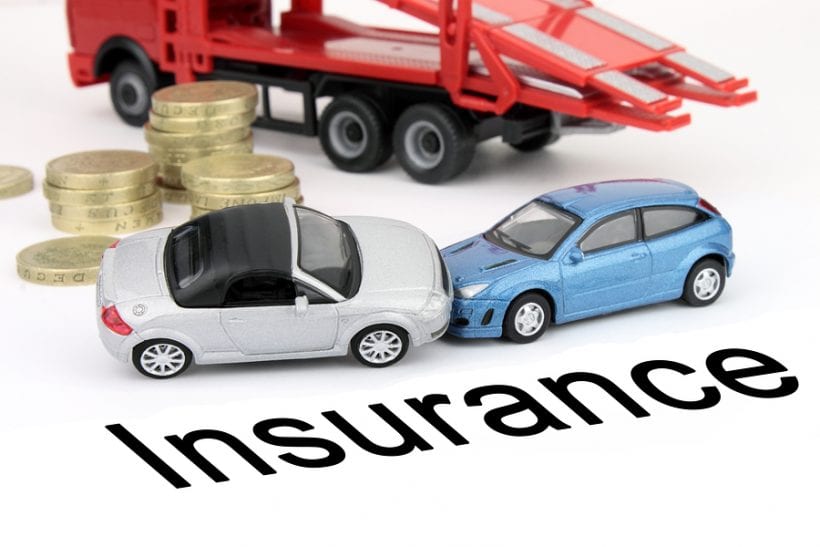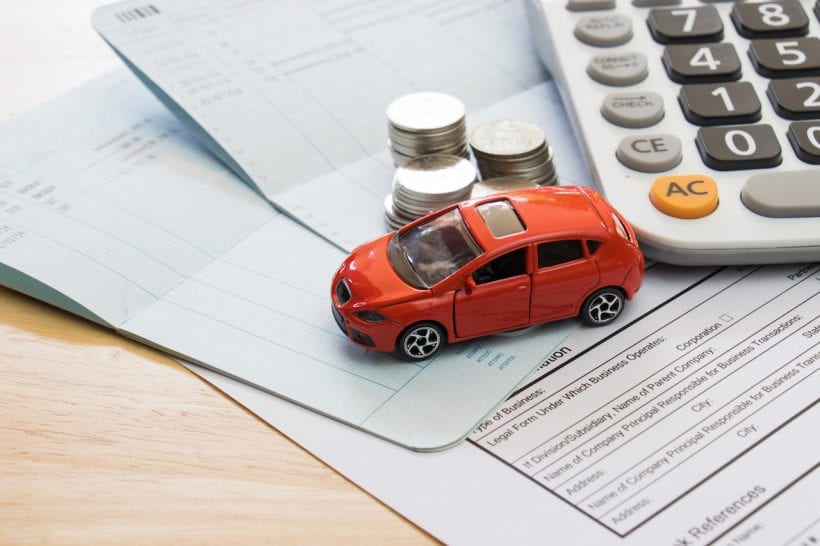Buying auto insurance, especially if it’s your first time doing so, can be quite complicated. While the internet does its best to help you compare rates and policies, there are a lot of other aspects you need to take into consideration. On top of that, there is an abundance of unfamiliar terms used by insurance companies, which most people have no clue what they mean.
Deciding which type of auto insurance to purchase can be challenging, but it’s not something you can avoid doing. Almost every state requires drivers to have auto insurance, meaning you risk serious charges if you don’t do so.
To help you out, we have put together this guide that covers the most important things you need to know about auto insurance.
What does an auto insurance plan cover?

This depends highly on the type of insurance you want to purchase. Just like home insurance, there are various car insurance plans, some more comprehensive than others. A good insurance plan should cover the following:
- Damage or loss caused by natural calamities: events such as floods, hurricanes, storms, and earthquakes are not something you can control and can happen at any time. If your auto insurance does not cover them, you risk losing your vehicle.
- Damage or loss caused by man-made calamities: this covers damage caused by events such as theft, burglary, riots or terrorist activities, as well as any damage caused in transit.
- Personal accidents: in the eventuality of permanent disablement or death, the insurance will cover part of the costs, which can be very helpful for your family. Some insurers even provide coverage for co-passengers as well.
- Third-party legal liability: this is mandatory by law and protects you against legal liability of accident damages, as well as damage caused to surrounding properties.
How are insurance prices determined?

Premium prices are calculated differently by each insurance company, but in general, they take into consideration a series of basic factors. The difference lays in how much insurers decide to modify their prices based on these aspects.
According to SR22Insurance Experts from Nevada, insurance companies look at the following things when calculating your insurance quote:
- Personal aspects: this includes things such as your age, marital status, education level, and gender, as insurers use statistics to bae their insurance quotes on. For example, male drivers are more likely to be involved in a car accident, whereas married drivers tend to be more careful on the road.
- Type of coverage: the more coverage you need, the higher the policy cost. This means that full coverage car insurance can end up costing almost double the price of minimum coverage.
- Your driving record: drivers with a history of accidents, DUIs or speeding tickets, for example, will pay more than those with an immaculate driving record. At the same time, drivers with no driving record will also get higher insurance costs because they lack experience.
- Vehicle particularities: the make, model and features of your car will also determine the insurance price. Luxury cars, for example, tend to result in higher policy prices, as there is a higher likelihood your car can get stolen.
- Other aspects insurance companies take into consideration: location, credit score, car insurance history, and insurance claims.
What type of coverage should I choose?

The law requires drivers to have a certain amount of coverage, but besides these requirements, you should also take into consideration your personal needs. You don’t necessarily need to get full coverage insurance, but it is recommended to do so if you own an expensive vehicle, which could cost significantly to repair or replace in case of an accident.
The following are the most common types of car insurance:
- Liability insurance: most states require drivers to have at least a minimum amount of liability insurance, which covers accidents that result in damaging another person’s property or causing injuries.
- Collision insurance: this pays for damage caused to your car if you hit an object or person, or in the case of an uninsured driver hitting your car.
- Comprehensive insurance: this covers your car getting stolen or damaged by anything other than a car crash, such as fire, flood, road animals or falling objects.
Will I be covered if I use my car for business purposes?

Most personal auto insurance policies don’t cover issues that happen when using the vehicle for business purposes. And, what’s more, some insurance companies can end up canceling your policy if they discover that.
This means that, if you are providing delivery, ride-sharing or messenger services with your personal car, you need to get a different type of insurance. Talk to your insurance company and get an endorsement to your policy, so that it covers business driving as well. Otherwise, if you are in an accident, you risk having to pay for everything from your pocket.
Ride-share companies such as Uber have good coverage, but it typically covers drivers when they are in the car with another passenger. However, the endorsement for using a personal vehicle for business purposes is somewhere around $10 to $20 a month, which is quite affordable.
How can I lower my insurance bill?

There are some things you can do to try and keep your premium down, such as:
- Keeping a good credit score: drivers with poor credit scores will be asked to pay more, even if they have a clean driving history, so yet another reason to not miss the due dates.
- Driving cautiously: car insurance tends to get more expensive for drivers with poor driving history, so keep away from DUIs, speeding tickets or car accidents.
- Shop for discounts: insurance companies provide discounts for various reasons, such as purchasing both car and home insurance for them or taking a driver’s safety course.
- Raise your deductibles: if you choose to pay more out of your pocket in the eventuality of an accident, this will reduce coverage prices. For example, choosing to pay a $1,000 deductible, you can end up paying as much as 40% less for coverage.

